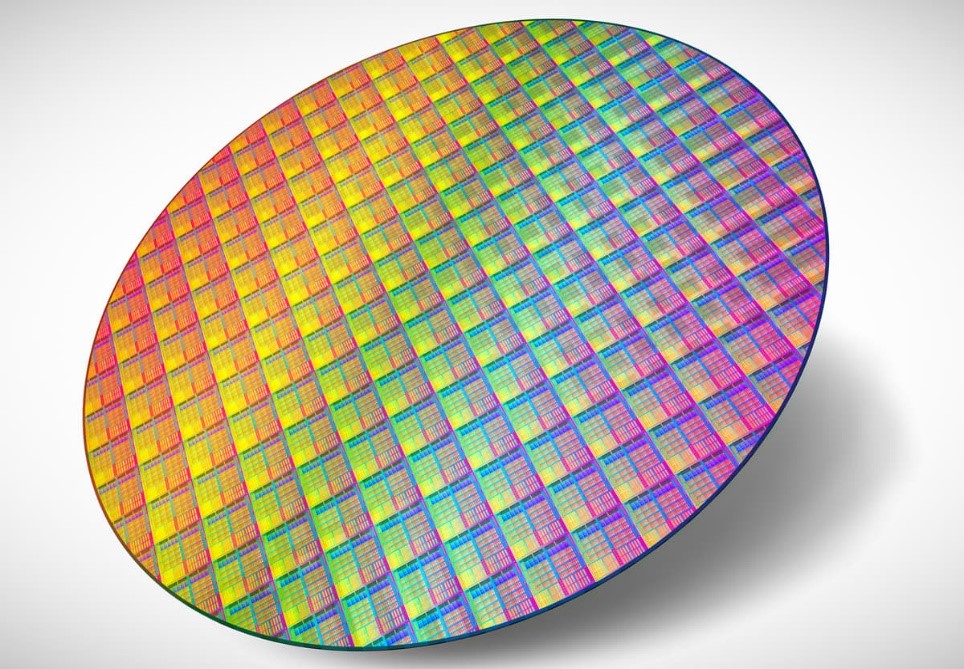Breakthrough: Ultra-Pure Silicon Chips Pave the Way for Next-Generation Computers
Silicon holds such paramount significance in electronics and computing that it has become synonymous with technology, even lending its name to a valley. Nonetheless, despite its ubiquitous presence, silicon still harbors imperfections. However, scientists have devised a method to produce ultra-pure silicon chips, potentially opening avenues for the development of more stable quantum computers.

Figure 1. A new method for making super-pure silicon could pave the way for quantum computers.
Figure 1 shows A new method for making super-pure silicon could pave the way for quantum computers. Silicon is highly favoured in electronics for several reasons. Firstly, it serves as a semiconductor, enabling the regulation of electricity conduction to varying degrees under different conditions. Additionally, being the second most abundant element in Earth's crust, it is readily accessible.[1]
For decades, this has served as a solid foundation, driving the remarkable proliferation of computers. However, as we delve into more advanced systems, the purity of silicon poses a constraint. Quantum computers have the unique ability to harness the enigmatic realm of quantum physics to perform tasks beyond the reach of conventional computers. Yet, the quantum bits (qubits) responsible for processing and storing information are highly sensitive, prone to losing their "coherence" at the slightest interference, whether it be a minor temperature fluctuation or the presence of silicon impurities.
Professor David Jamieson, the co-supervisor of the project, pointed out, "The issue lies in the fact that although naturally occurring silicon primarily consists of the desirable isotope silicon-28, there's also approximately 4.5% silicon-29 present." He explained further, "Silicon-29 contains an additional neutron in each atom's nucleus, effectively behaving like a miniature rogue magnet. This disrupts quantum coherence and leads to computational errors."
In the recent study, scientists from the University of Melbourne and the University of Manchester devised a method to significantly enhance the purity of silicon. Employing a device known as an ion implanter, the team directed a stream of silicon-28 particles onto a computer chip. This process gradually replaced the silicon-29 impurities within the chip with the more preferred silicon-28. As a result, the silicon-29 content was reduced drastically from 4.5% to a mere 0.0002%, equivalent to just two parts per million.[2]
Professor Jamieson expressed, "The exciting development is that we can now achieve such high levels of silicon purity using a standard machine, an ion implanter, commonly found in semiconductor fabrication facilities. This machine is calibrated to a specific configuration that we have designed for this purpose."
As the number of qubits increases in a quantum computer, its potential power grows, but so does its susceptibility to errors. These freshly developed, ultra-pure silicon chips are anticipated to enhance the stability of quantum computers equipped with numerous qubits over extended periods. The next phase for the team involves testing this hypothesis.
References:
- https://newatlas.com/computers/super-pure-silicon-quantum/
- https://www.nature.com/articles/s43246-024-00498-0
Cite this article:
Gokila G (2024), Breakthrough: Ultra-Pure Silicon Chips Pave the Way for Next-Generation Computers, Anatechmaz, pp. 948

